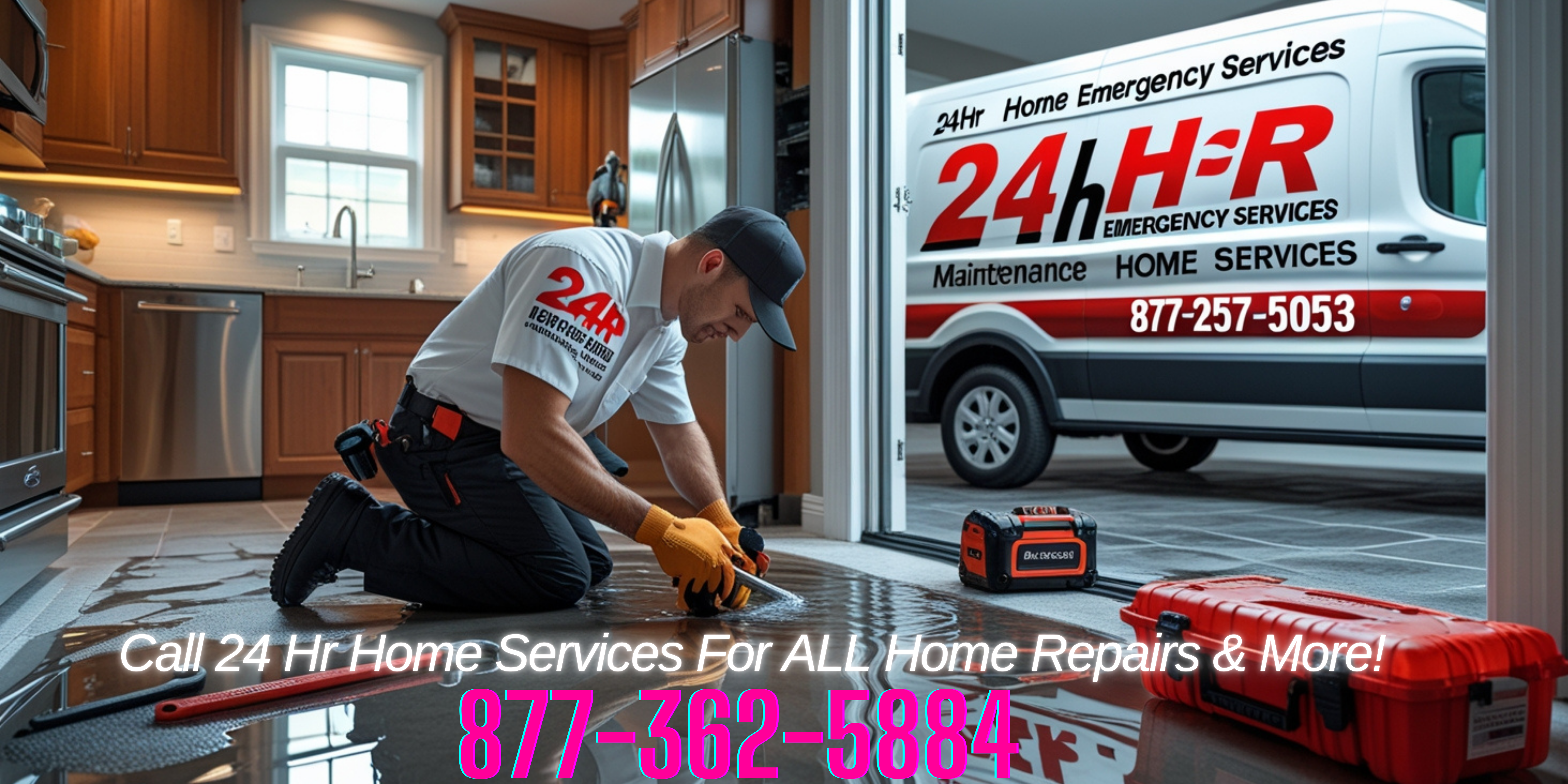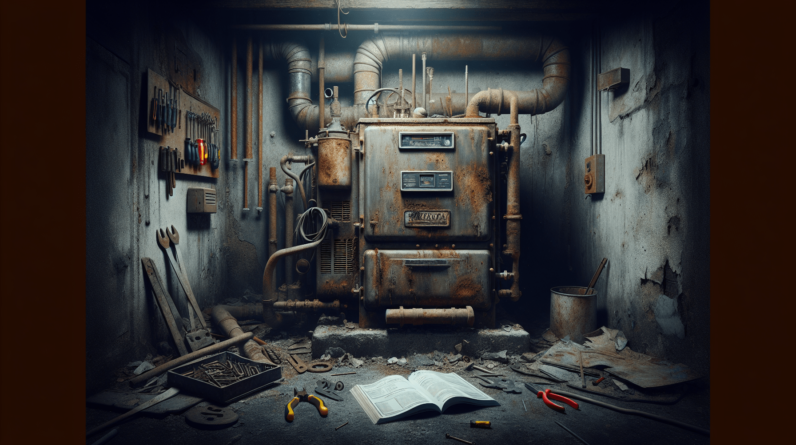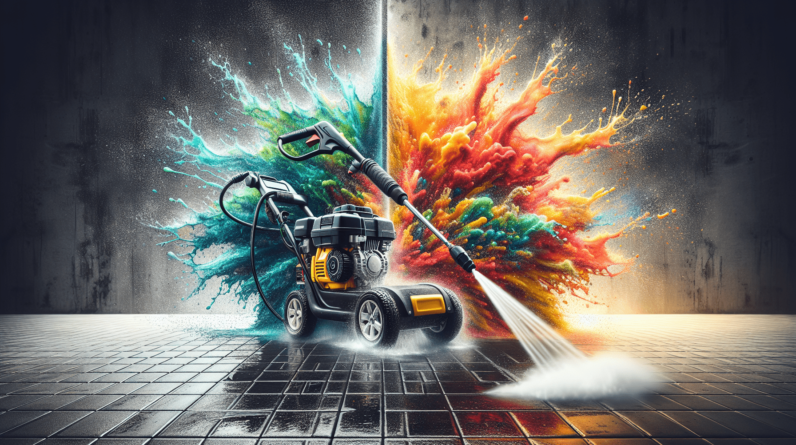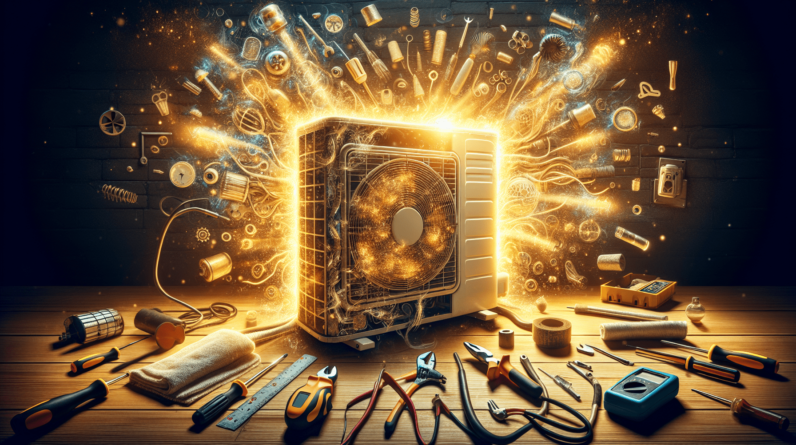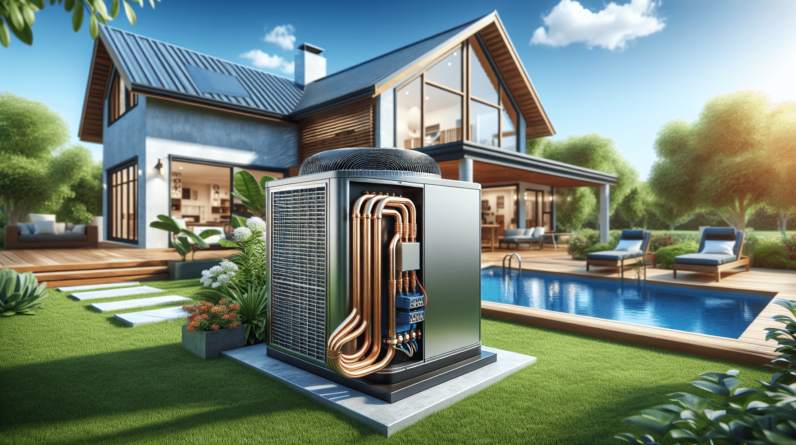Have you ever found yourself wondering why HVAC systems sometimes fail? It can be frustrating when your heating or cooling system suddenly stops working, leaving you feeling uncomfortable in your own home. In this article, we will explore some common reasons behind HVAC system failures and offer tips on how to prevent them. Whether you’re a homeowner or a business owner, understanding these potential issues can help you maintain a comfortable environment all year round.
HVAC System Overview
Understanding HVAC Systems
When it comes to keeping your home comfortable, an HVAC (Heating, Ventilation, and Air Conditioning) system plays a crucial role. Understanding how these systems work is important for any homeowner. An HVAC system is designed to provide heating and cooling to a residential or commercial space, ensuring a comfortable temperature all year round.
Components of an HVAC System
An HVAC system consists of various components that work together to provide efficient heating and cooling. Understanding these components is essential for troubleshooting and maintaining your HVAC system. Some of the main components of an HVAC system include:
-
The Furnace: The furnace is the heart of an HVAC system and is responsible for heating the air. It burns fuel, such as gas or oil, to produce heat.
-
The Air Conditioner: The air conditioner, commonly known as the AC, is responsible for cooling the air. It removes heat from the indoor air and circulates cool air throughout the space.
-
The Heat Pump: Some HVAC systems incorporate heat pumps, which can provide both heating and cooling. Heat pumps extract heat from the outdoor air during winter to heat the indoor space and reverse the process during summer to cool the indoor air.
-
The Thermostat: The thermostat acts as the control center for the HVAC system. It allows you to set the desired temperature and regulates the operation of the heating and cooling components.
-
Ductwork: Ductwork refers to the system of ducts that distribute heated or cooled air throughout the building. It ensures that the conditioned air reaches every room efficiently.
-
Vents and Registers: Vents and registers are the outlets through which the conditioned air is delivered to the different rooms. They can be opened or closed to control the airflow and temperature in each room.
Now that we have a basic understanding of HVAC systems and their components, let’s explore some common causes of HVAC system failure.
Common Causes of HVAC System Failure
Lack of Maintenance
One of the most common causes of HVAC system failure is neglecting regular maintenance. Just like any other mechanical system, HVAC systems require periodic maintenance to operate efficiently and avoid breakdowns. Regular maintenance tasks include cleaning or replacing filters, lubricating moving parts, checking for leaks, and inspecting electrical connections.
When you neglect maintenance tasks, dust and debris can accumulate, reducing the system’s efficiency and causing strain on the components. This can lead to increased energy consumption, decreased performance, and even complete system failure. It’s essential to schedule regular maintenance with a professional HVAC technician to keep your system running smoothly.
Age of HVAC System
Another factor that can contribute to HVAC system failure is the age of the system. HVAC systems have an average lifespan of 15 to 20 years, depending on the type and quality of the equipment. As the system ages, the components start to deteriorate, and wear and tear become more prominent.
Older HVAC systems are more prone to breakdowns and inefficiencies due to worn-out parts and outdated technology. If your system is nearing the end of its lifespan, it’s important to consider replacing it to avoid system failures and high energy bills.
Improper Installation
Proper installation is crucial for the optimal functioning of an HVAC system. Unfortunately, improper installation is another common cause of system failure. If the system is not installed correctly, it can lead to a variety of problems, including reduced efficiency, poor performance, and premature system failure.
Improper installation can result from incorrect sizing, improper placement of components, or inadequate ductwork design. It’s essential to hire a professional HVAC technician with experience in installation to ensure that your system is installed correctly and meets the manufacturer’s specifications.
Improper Sizing
The size of your HVAC system plays a significant role in its performance and efficiency. If the system is too large for your space, it will cycle on and off frequently, leading to increased energy consumption and an uncomfortable indoor environment. Conversely, if the system is too small, it will struggle to meet the heating or cooling demands of your home.
Proper sizing requires an assessment of various factors, including the square footage of your space, insulation levels, and the number of windows. An HVAC professional can perform a load calculation to determine the appropriate size for your HVAC system, ensuring optimal performance and energy efficiency.
Dirty or Clogged Filters
Dirty or clogged filters are a common issue that can cause HVAC system failure. Filters play a crucial role in trapping dust, pollen, and other airborne particles, ensuring clean and healthy indoor air quality. However, when filters become clogged, airflow is restricted, forcing the system to work harder to maintain the desired temperature.
Restricted airflow can lead to increased energy consumption, overheating of components, and reduced cooling or heating capacity. Regularly cleaning or replacing filters is essential to maintain proper airflow and prevent unnecessary strain on the HVAC system.
Electrical and Wiring Issues
Electrical and wiring issues can also contribute to HVAC system failure. Faulty wiring, loose connections, or damaged electrical components can cause the system to malfunction or stop working altogether. Electrical problems can result in intermittent operation, failure to start, or even electrical hazards.
It’s important to enlist the services of a qualified electrician or HVAC technician to inspect and troubleshoot any electrical issues with your HVAC system. They can identify and resolve any wiring problems before they cause significant damage to the equipment.
Refrigerant Leaks
Refrigerant leaks can compromise the performance and reliability of your HVAC system. The refrigerant is responsible for absorbing heat from the indoor air during the cooling process. If there is a leak in the refrigerant lines, the system will have difficulty cooling the air effectively, leading to reduced cooling capacity and increased energy consumption.
Refrigerant leaks can occur due to system vibrations, corrosion, or improper installation. It’s important to have a professional HVAC technician repair any refrigerant leaks promptly to restore your system’s efficiency and prevent further damage.
Thermostat Problems
The thermostat is the control center of your HVAC system and is responsible for maintaining the desired temperature in your home. If the thermostat malfunctions, it can cause temperature inconsistencies, insufficient heating or cooling, or complete system shutdown.
Thermostat problems can range from faulty wiring to calibration issues. It’s advisable to have a professional technician inspect and repair any thermostat problems to ensure accurate temperature control and optimal system performance.
Ductwork Issues
The ductwork in your HVAC system plays a vital role in distributing conditioned air throughout your space. However, ductwork problems can hinder the efficiency and performance of the system. Common ductwork issues include leaks, poor insulation, blockages, and improper design or installation.
Leaky ducts can cause air loss, reducing the efficiency of your system and leading to comfort issues. Poor insulation can result in heat gain or loss, depending on the season, reducing the effectiveness of your HVAC system. It’s essential to have an HVAC professional inspect and repair any ductwork issues to ensure proper airflow and energy efficiency.
Environmental Factors
Environmental factors can also contribute to HVAC system failure. Extreme temperatures, high humidity levels, and poor air quality can put a strain on your system and lead to breakdowns. In regions with extremely hot or cold climates, the HVAC system may have to work harder and for longer periods to maintain the desired indoor temperature.
Humidity and moisture can cause mold and mildew growth, leading to health issues and damage to the HVAC system. Poor air quality, caused by pollutants and allergens, can also impact the performance and longevity of the system. Taking steps to mitigate these environmental factors, such as using dehumidifiers or air purifiers, can help prevent system failures.
In conclusion, HVAC systems can fail due to various reasons, ranging from lack of maintenance to environmental factors. Understanding the common causes of HVAC system failure allows homeowners to take proactive measures to prevent breakdowns and ensure the efficient operation of their HVAC systems. Regular maintenance, proper installation, and addressing any issues promptly are essential for maintaining the performance and longevity of your HVAC system.
